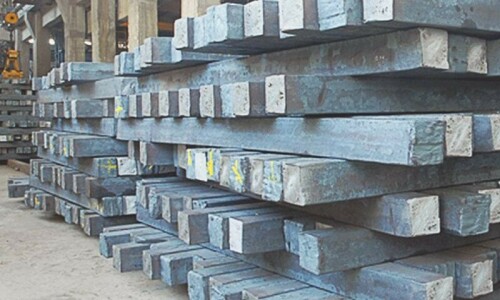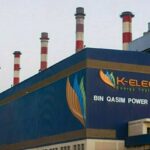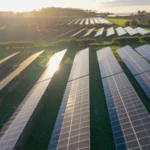ASL stated in a securities filing on Tuesday that the SRM accounts for 30% of the business’s overall manufacturing capacity.
In six months, the situation will be reevaluated, and if things get better, the facility might reopen. To meet present and future steel demand, the company will continue to run its Dhabeji factory, which makes up 70% of its production capacity, throughout this time.
Amreli made this choice in response to the serious financial difficulties the documented sector is currently facing. Numerous economic and political causes, such as the falling demand for steel bars, rising utility costs (especially electricity), high interest rates, an imbalanced tariff system, high tax burdens, smuggling, and a rise in undocumented operations, have made these challenges worse. All of these seriously upset the equilibrium of the market and lead to unfair competition.







